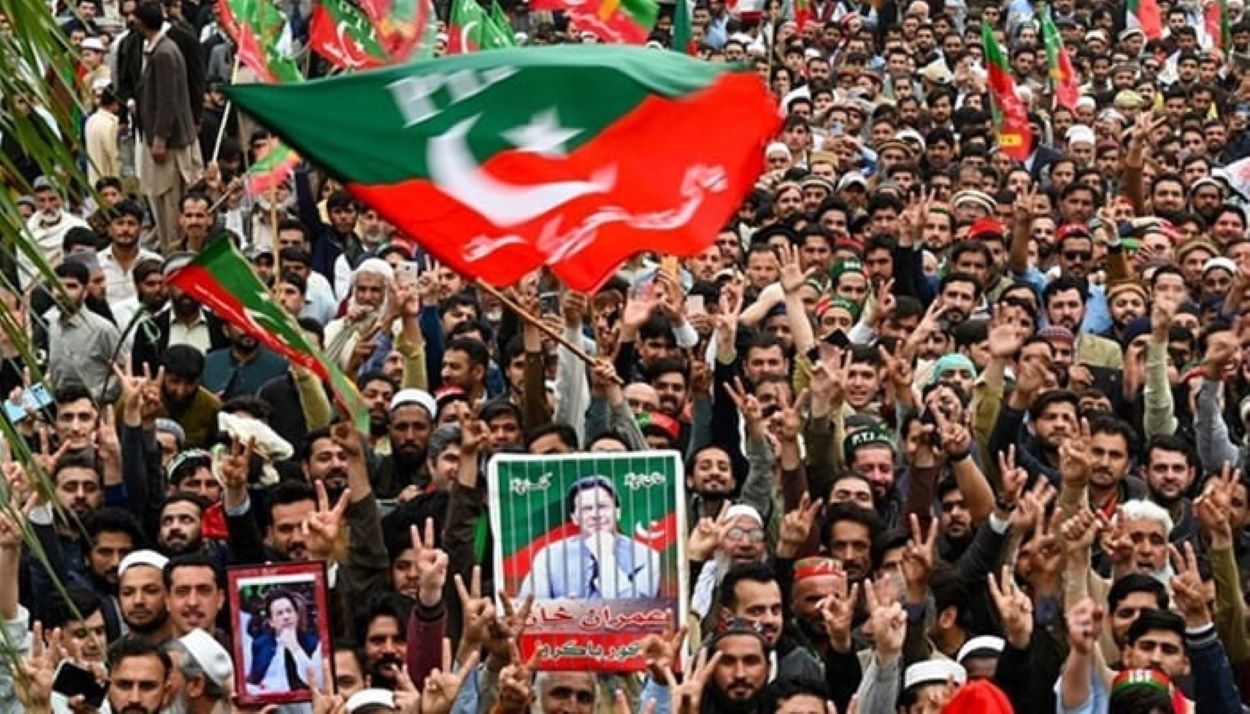On June 17, 2025, incarcerated Pakistan Tehreek-e-Insaf (PTI) founder Imran Khan announced a two-week postponement of his planned nationwide protest movement, citing global developments related to the Iran-Israel conflict.
Speaking to journalists after meeting Khan at Central Jail Adiala, Noreen Niazi conveyed his decision to delay the PTI’s protest movement. Knowing of escalating tensions in the Iran-Israel conflict, Khan believes Pakistan must prioritise cohesion amid global uncertainties. The 71-year-old former prime minister, imprisoned since August 2023 on charges ranging from corruption to terrorism, remains a pivotal figure in Pakistani politics.
Khan had previously announced plans to lead a “decisive” protest from prison against the Pakistan Muslim League-Nawaz (PML-N)-led coalition government. Senator Ali Zafar, quoting Khan, highlighted the PTI founder’s directive to make the movement impactful. However, Khan’s latest stance reflects a strategic pause, underscoring his sensitivity to international developments and their potential impact on Pakistan.
Context of Khan’s Incarceration
Imran Khan, a cricketer-turned-politician, has been detained since August 2023 following his ouster as prime minister in April 2022 via an opposition no-confidence motion. Facing multiple legal cases, Khan continues to command significant influence within PTI and among his supporters. His call for protests last month aimed to challenge the federal government’s policies, but the global situation has prompted a temporary reevaluation.
Uzma Khan, who also met Imran at Adiala Jail, noted that his views on international matters, including Israel, are widely recognised. Khan’s decision to delay protests aligns with his broader perspective on Pakistan’s role in a volatile global landscape. He aims to foster stability during heightened regional tensions by prioritising national unity.
Read: Trump Predicts Iran Nuclear Deal Amid Escalating Middle East Tensions
Efforts to bridge differences between PTI and the government have seen mixed results. 2023 both sides agreed to consultations, but PTI withdrew after three meetings, citing the government’s failure to form judicial commissions to investigate the May 9, 2023, and November 26 events. Recent calls for dialogue, including one by the prime minister in the National Assembly last month, have yet to yield progress, highlighting ongoing political friction.
Khan’s decision to postpone the protest movement signals a pragmatic approach, potentially opening the door for renewed dialogue with the government. His emphasis on unity could resonate with Pakistanis seeking stability amid global uncertainties. However, the delay may also test PTI’s momentum, as supporters await the rescheduled movement. The coming weeks will reveal whether Khan’s strategy strengthens his party’s position or shifts focus to diplomatic resolutions.






